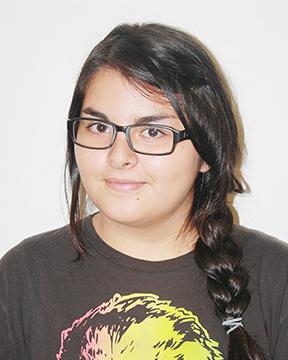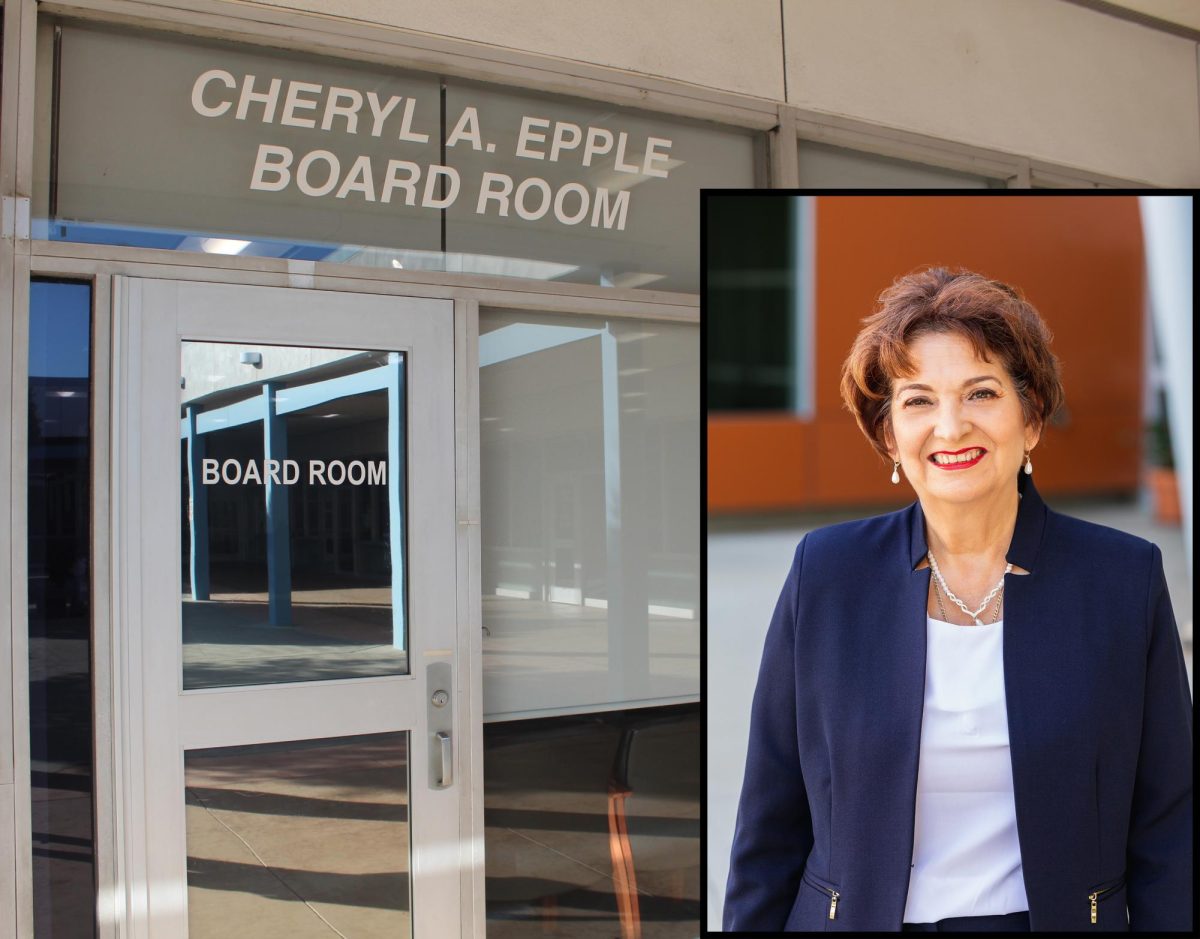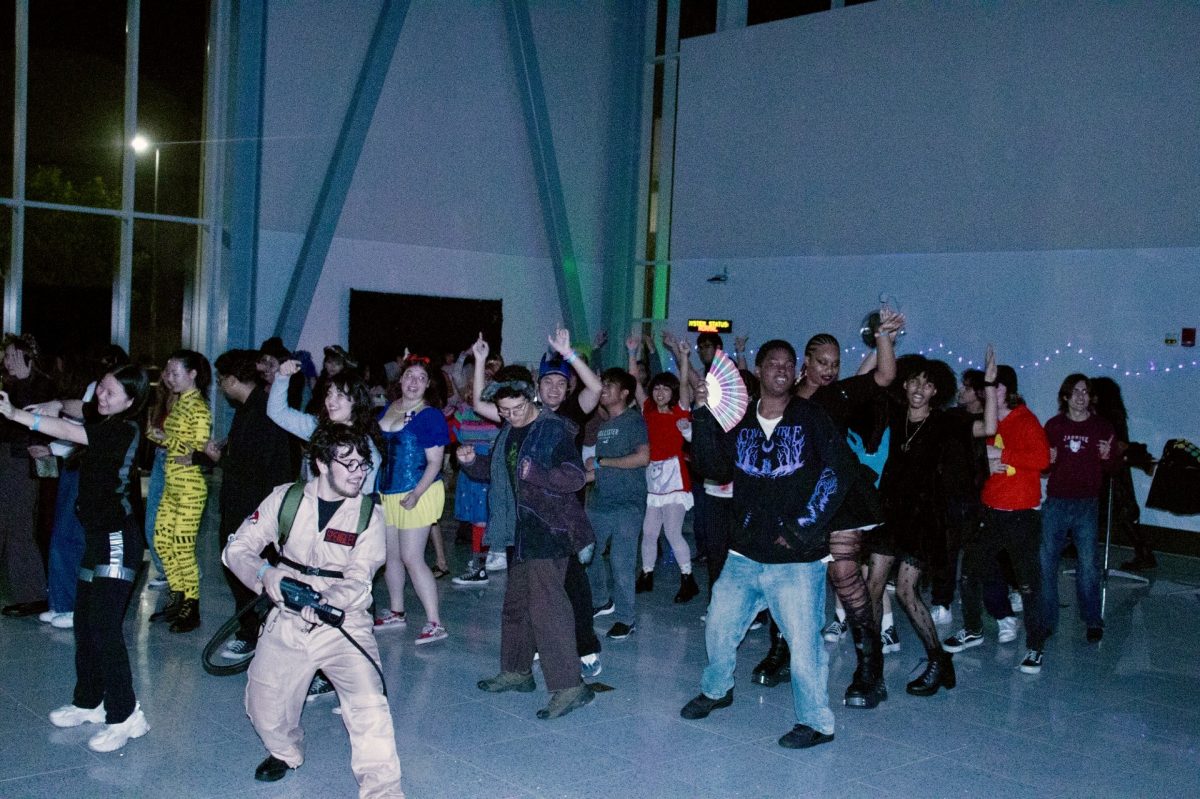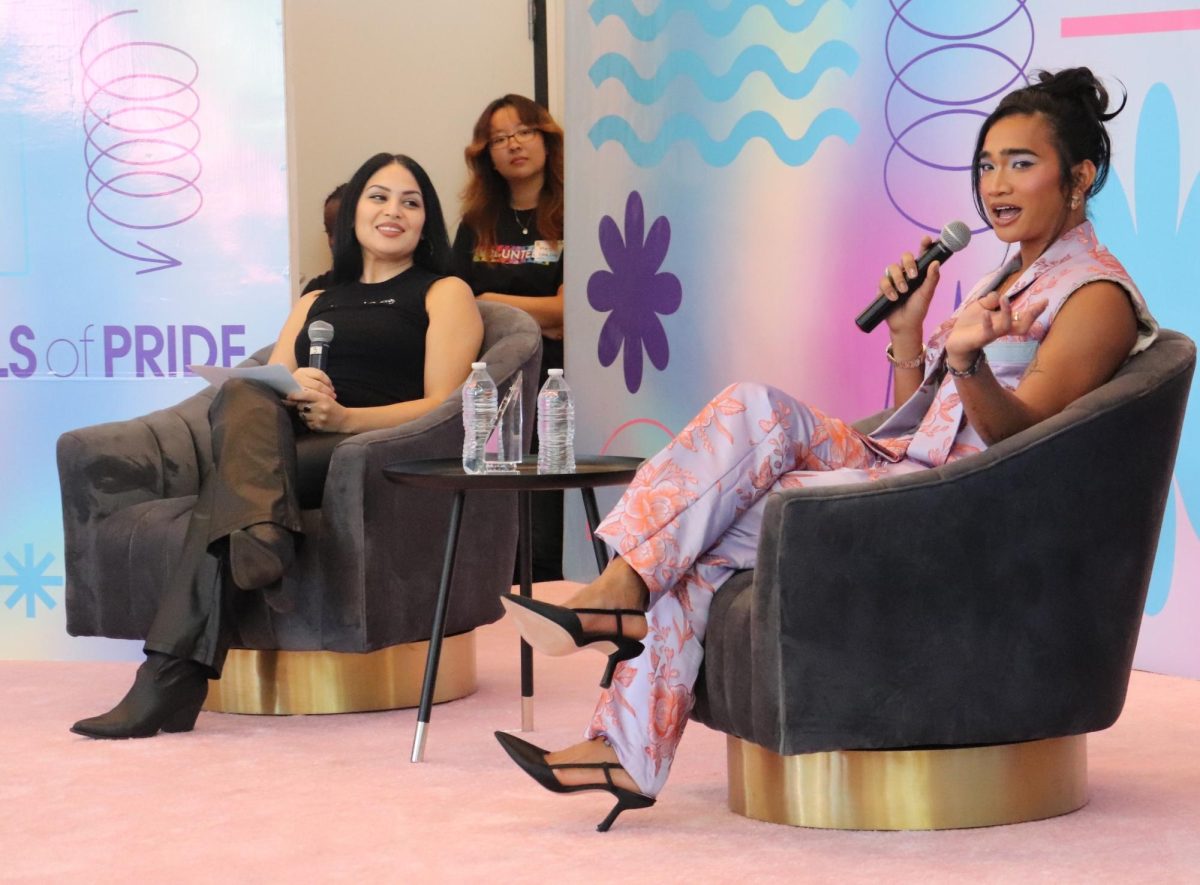Domestic violence was the topic of an hour long workshop on Tuesday which aimed to inform the public about the stigma and myths associated with abuse in relationships.
The Re-Entry program coordinator, Shannon Estrada, organized the event and hopes for students and others who are interested to attend future workshops.
“I try to do workshops that are meaningful and that could actually help somebody and provide them with resources and to help people advocate for others as well if they know somebody,” she said.
“Many people know people that have either been in this situation or know somebody else who knows somebody.”
The workshop was a lecture given by Maria Cevallos, a psychiatric social worker that has worked with the Los Angeles County Department of Mental Health for 14 years.
In her lesson, Cevallos debunked common myths about domestic violence and further explained topics such as the cycles of violence in a relationship and resources that offer help in the community.
“For the past four years, I have been doing talks like this on mental health issues and address (them) to the public at large. I go wherever there is an audience, so no audience is too small or too big for me,” Cevallos said.
Domestic violence affects not only the people that do it, but it affects the family system. Women, men and children can also be victims of domestic violence.
Domestic abuse is not only physical because it can be mental and emotional as well.
Some victims of domestic abusers not only believe they deserve to be abused, but they also believe there is no other way out.
In the case of being in an abusive relationship, Cevallos says to talk to a trusted friend or family member and be honest with them about what you’re going through.
“Tell [a friend] that you just want them to listen,” she said. “Often, friends want to help the person and they want to tell them step by step what to do. Friends don’t have to try to fix the person, the person already knows there’s a problem. They just need to share it with somebody.”
Cynthia Hodges, business/real estate major, was among those who attended and is planning to attend more in the future.
“I thought it was really helpful because it gives me a picture to look at and compare my present relationship (to), and it also was helpful because I have a fourteen year old daughter who I also can share and pass information to in regards to domestic violence.”
Hodges recommends that others should attend this workshop to learn more and spread the word to others.
“This [workshop] will help [young people] to identify whether they are victims of domestic violence. And if they are, to give them education and a way out.”
For more information regarding domestic violence and how to get help, visit these websites:
dmh.lacounty.gov/wps/portal/dmh
For counseling services that are offered for free on campus, visit the Student Health Services Center or their website at: cms.cerritos.edu/shs/default.htm









